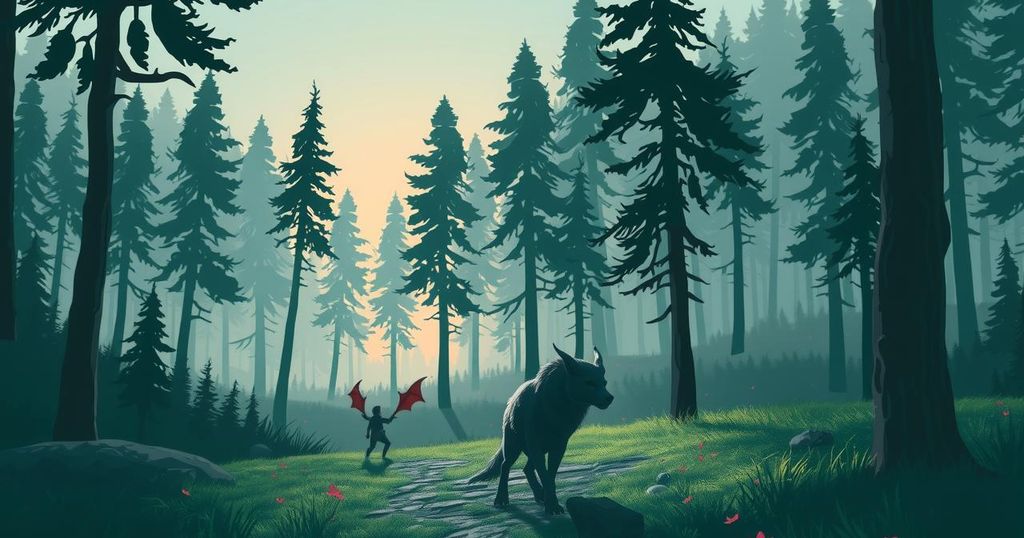Monster Hunter Wilds: A Global Gaming Phenomenon

Monster Hunter Wilds, the latest release in the iconic Japanese video game series, had over one million players log on within hours of its PC launch, despite some performance issues. Directed by Yuya Tokuda and produced by Ryozo Tsujimoto, the game aims to evolve the franchise into a worldwide sensation by learning from past installments and addressing player expectations.
The latest installment in one of Japan’s premier video game series, Monster Hunter Wilds, achieved remarkable success with over one million players logging into its PC launch on Steam. While initial performance issues were reported, critical reception has remained generally positive. Director Yuya Tokuda and producer Ryozo Tsujimoto emphasized their commitment to evolving the franchise into a worldwide sensation.
First introduced on the PlayStation 2 in 2004, the Monster Hunter franchise allows players to explore an area called The Forbidden Lands, where they capture and combat formidable beasts. The series attracts dedicated players through its challenging gameplay and cooperative options, enabling friends to join forces against large monsters. The previous title, Monster Hunter World, sold 21.3 million copies, and its upgraded edition reached 28.1 million.
Producer Tsujimoto highlighted that the latest game represents a culmination of lessons learned from earlier titles in the series. He stated, “Anything that we hadn’t been doing we really tried to do with Monster Hunter World to get everything ready…” The Japanese gaming industry has shown resilience amidst West and European studio challenges, as developers tend to remain with the same company over long periods.
Director Tokuda, who has dedicated 20 years to the series, believes that past game data significantly informs current developments. He remarked, “It’s the groundwork that you create with your previous titles that you hope can inform the success of later ones…” This iterative approach is common among other successful Japanese studios.
Despite historical dominance in the 1980s and 90s, the Japanese gaming industry is experiencing a resurgence with critically acclaimed titles. At the previous Game Awards, four out of six Game of the Year nominees were Japanese. Tsujimoto noted that making games AAA successes in today’s market involves translating titles for global releases and catering to newer players.
Developers are also facing the challenges of evolving player behaviors and technological advancement within the industry. While the increasing complexity of game development may pose challenges, Tsujimoto believes these shifts present new opportunities as well. He remarked, “I don’t think it’s necessarily the most difficult it’s ever been but there are always new challenges…”
Given the competitive landscape, Tsujimoto acknowledged the increasing number of game releases, which pressures publishers to retain players’ attention. Despite the crowded market, he stated, “We’re really all just working in our own lanes.”
Finally, balancing the expectations of both veteran and new players presents additional challenges for the franchise. Tokuda expressed the desire to satisfy dedicated fans while also pursuing creative innovation. He commented, “You always have in your mind that there’s people waiting for your next creation… but you also have your own creative idea to follow through.”
In summary, Monster Hunter Wilds exemplifies the successful evolution of a legendary video game franchise, achieving significant debut numbers while maintaining a positive critical response. The development team’s focus on iterative improvement and global accessibility has positioned it well in a competitive market. Challenges in balancing player expectations and technological advancements continue to influence the industry’s landscape, showcasing the resilience and adaptability of Japanese game developers.
Original Source: www.bbc.com






